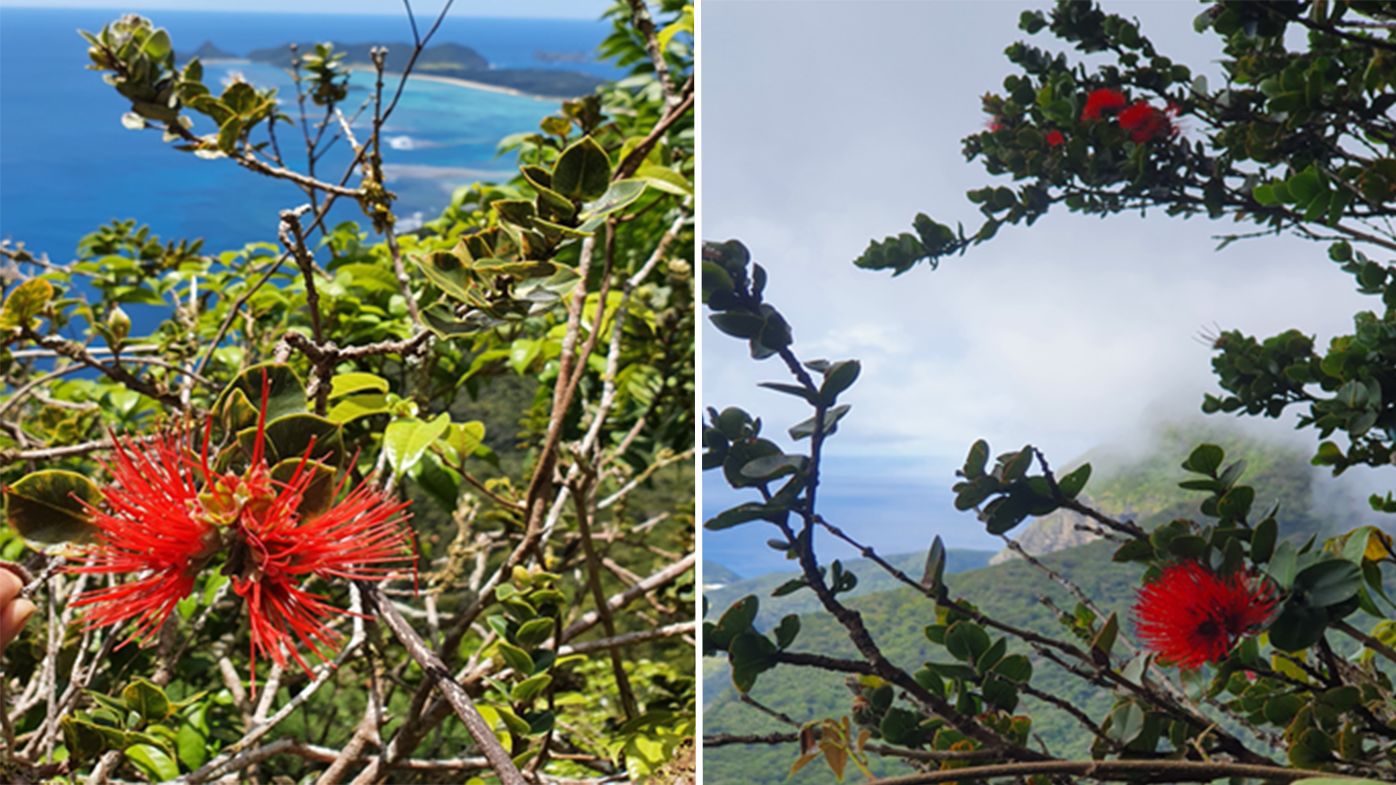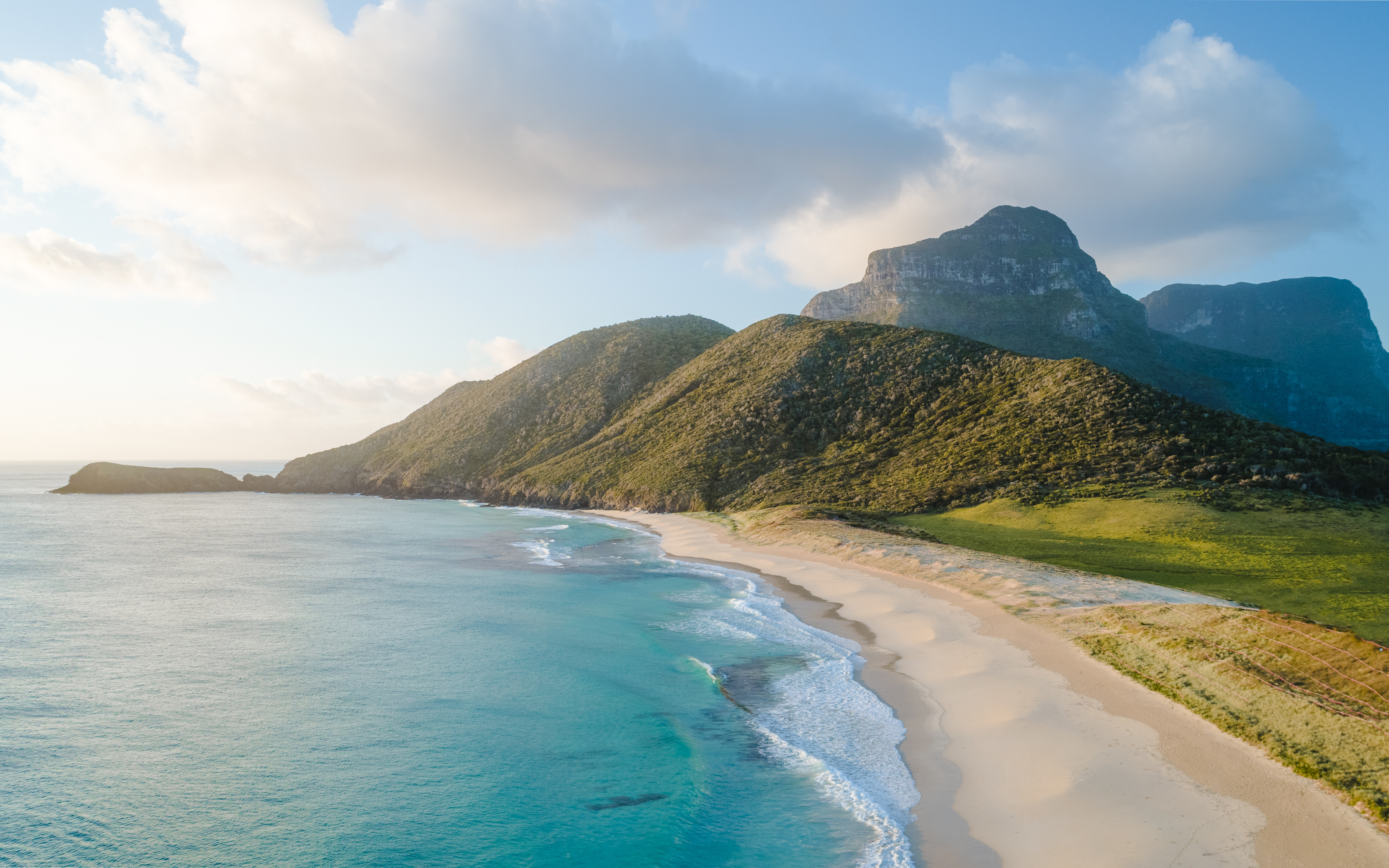Lord Howe Island is fighting an invasion of the highly-transferable myrtle rust spore, which can wipe out native plants.
Forest reserves and wild parkland, making up 70 per cent of the island, have been closed to non-essential visitors until the outbreak is brought under control.
It means tourists, researchers, residents and house-guests may not enter the Permanent Park Preserve (PPP).
READ MORE: Aussie city lurching towards 165-year-old weather record

Lord Howe Island Board CEO Suzie Christensen said the Myrtle Rust was discovered on the Island on February 3.
"Despite rapid response and treatment, infected sites have been identified in three additional locations during settlement wide sweeps that have been occurring weekly," Christensen.
"Efforts to date have concentrated on minimising spore load and spread through curative and preventative spraying.
"Myrtle Rust spore is highly transmissible and can be spread on clothing, skin, hair, footwear, and equipment."
READ MORE: Australia to buy more than 200 Tomahawk missiles

The closure of the park will be assessed weekly as authorises work to control the outbreak.
"The impact of myrtle rust on the island's terrestrial ecosystems is of great concern," Christensen said.
"The endemic myrtaceous species that are dominant in many of the plant communities on LHI are very susceptible to the pathogen.
"The rust has the potential to change the way our mountains and forest look, it may alter food webs and ecology, and potentially affect world heritage values, including the visitor experience and economy associated with those values."
READ MORE: An 8000km-wide blob of seaweed is headed for Florida
What is Myrtle Rust?
"Myrtle rust is a serious plant disease that affects plants belonging to the Myrtaceae family," Christensen said.
"The fungus impacts plant foliage, in particular flower buds and new growth, preventing the plant's capacity to photosynthesize causing plant decline or death.
"The disease is highly infectious as it produces thousands of spores that remain viable for up to three months and are readily spread by wind, rain splash, human activity and animals."
Sign up here to receive our daily newsletters and breaking news alerts, sent straight to your inbox.
